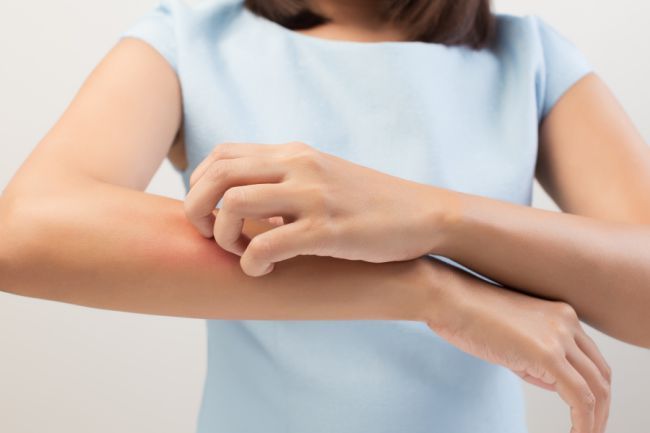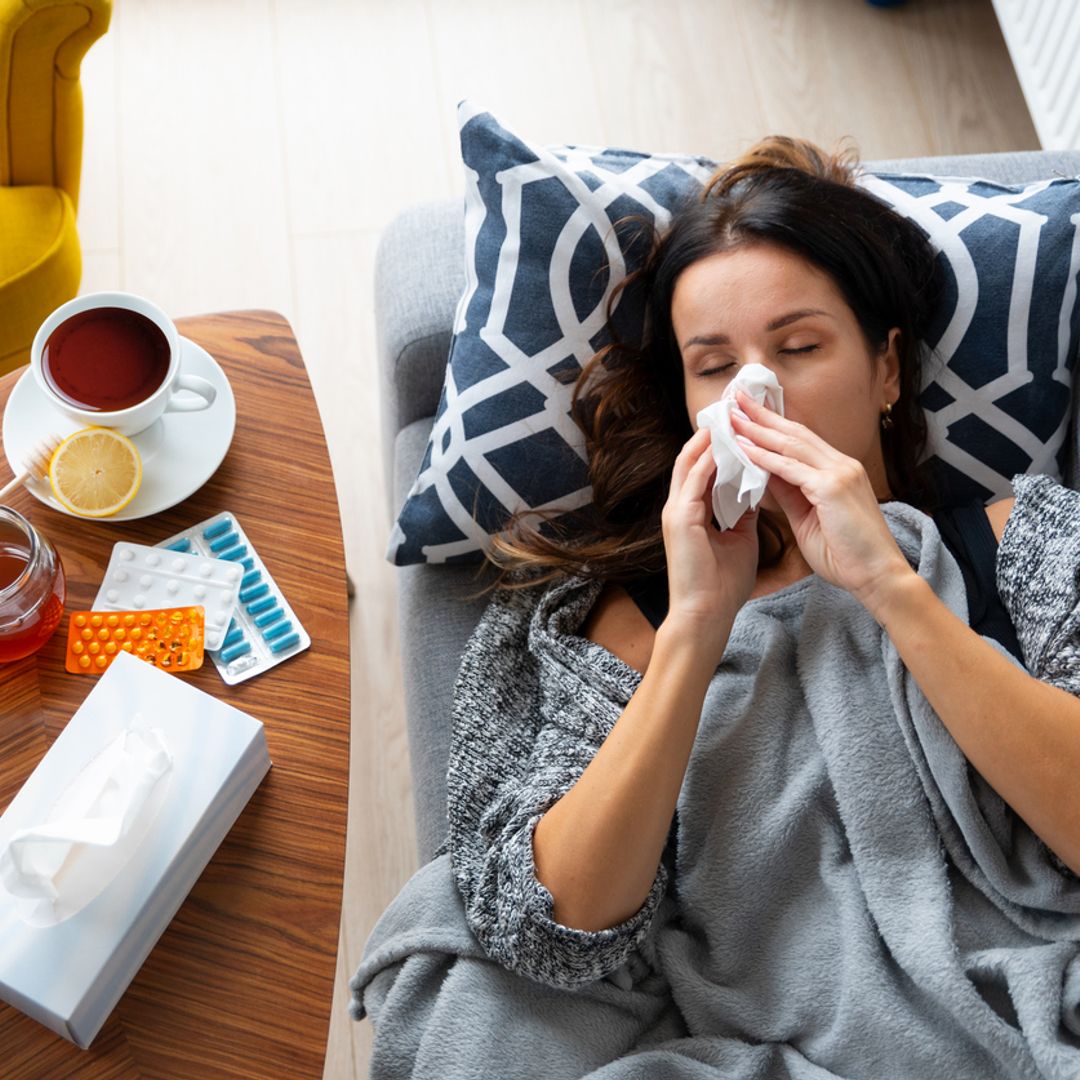Eczema is a very common skin condition that can affect anybody, at any age. With so much information out there it can often seem difficult to know which treatment option is the best and most effective for each sufferer. So whether you're among the one in every 12 adults affected, or a parent of the one in every five children suffering from eczema, tackle the condition in the most effective way with this seven step plan from leading dermatologist Dr Daniel Glass from The Dermatology Clinic London, (thedermatologyclinic.london).
RELATED: Managing infant eczema: tips from the expert
Step 1: Keep moisturised - Keeping your skin well moisturised is one of the most important things you can do to prevent eczema flaring up. This is because eczema is often caused by a problem with your skin barrier function, which can be helped by using a paraffin based moisturiser regularly. Try applying a fragrance-free moisturiser at least twice a day, especially after washing, such as Epaderm ointment, which can also be used as a soap substitute, or Oilatum cream which is lighter and more easily absorbed.
Step 2: Don't be afraid to use active treatment when required - People are often wary of using topical steroid treatments. They can have side effects, but when used in the correct situation under proper guidance they can be very helpful in managing eczema, preventing flare ups and skin infections.
Step 3: Know your triggers – Eczema is a highly individual skin condition which varies from person to person and comes in many forms. When trying to treat and manage the condition it is important to understand which external factors may have an effect on your skin. For some, a change in weather, especially cold weather in winter and the drying effects of central heating might provoke an outbreak, whilst for others it might be due to a change in diet or using specific soaps or detergents.
MORE: See the latest health and fitness features here
Other triggers include chemicals you may come into contact with, either at work or in the home. It's all about knowing what works for you and your skin and trying to avoid these triggers. Sometimes it can be useful to explore allergy testing with your dermatologist to better understand any potential triggers for your eczema.
Step 4: You can be too clean – Research has shown that people with a smaller range of gut microbes at birth are at a higher risk of developing eczema. After birth the immune system starts to mature and studies show that specific early microbial exposure of the gut is thought to reduce the incidence of inflammatory, autoimmune and atopic diseases such as eczema. There also seems to be an increase in the incidence of eczema as our society has become more sanitised.
Step 5: Try to relax – Many sufferers might find that they experience an eczema flare up during stressful and chaotic periods, which is further substantiated by studies that show many skin conditions flare up at times of stress. Dermatologists work closely with psychologists to help patients with their stress management and can even help with habit reversal to stop scratching. Taking time to relax may help to prevent a flare up and wearing gloves or keeping nails short will prevent you from making a flare up worse by damaging the skin when you scratch.
STORY: 8 ways to use coconut oil - the multi-tasking buy Cheryl swears by
Step 6: Look at the label – Those with eczema have sensitive skin, so be sure to check the labels of any products you use and steer clear of heavily perfumed cosmetics. If your eczema is worse in places where you frequently use cosmetics products, such as your face or neck, try looking at your make-up bag or daily cleansing routine to find the culprit. Your dermatologist can help by arranging patch tests to try and find out which cosmetic products you are reacting to.
Step 7: Know your history – Of course your environment plays a big part in the battle with eczema, but could it also be down to your genetic makeup? The Filaggrin gene is involved in maintaining a healthy skin barrier. A mutation in the Filaggrin gene has been found in about 10% of the general population of the UK and is linked to development of eczema. If the skin barrier is not functioning properly, substances may be getting through that normally would not, ultimately causing eczema.
Eczema is a highly individual condition which means that there is not a universal fix for all sufferers. If over the counter treatments don't seem to be doing the trick and you're still unsure of what may be triggering your eczema be sure to make an appointment with a dermatologist. The Dermatology Clinic, London based in Harley Street, boasts a team of consultant dermatologists who offer a range of treatment options for those suffering from eczema.











